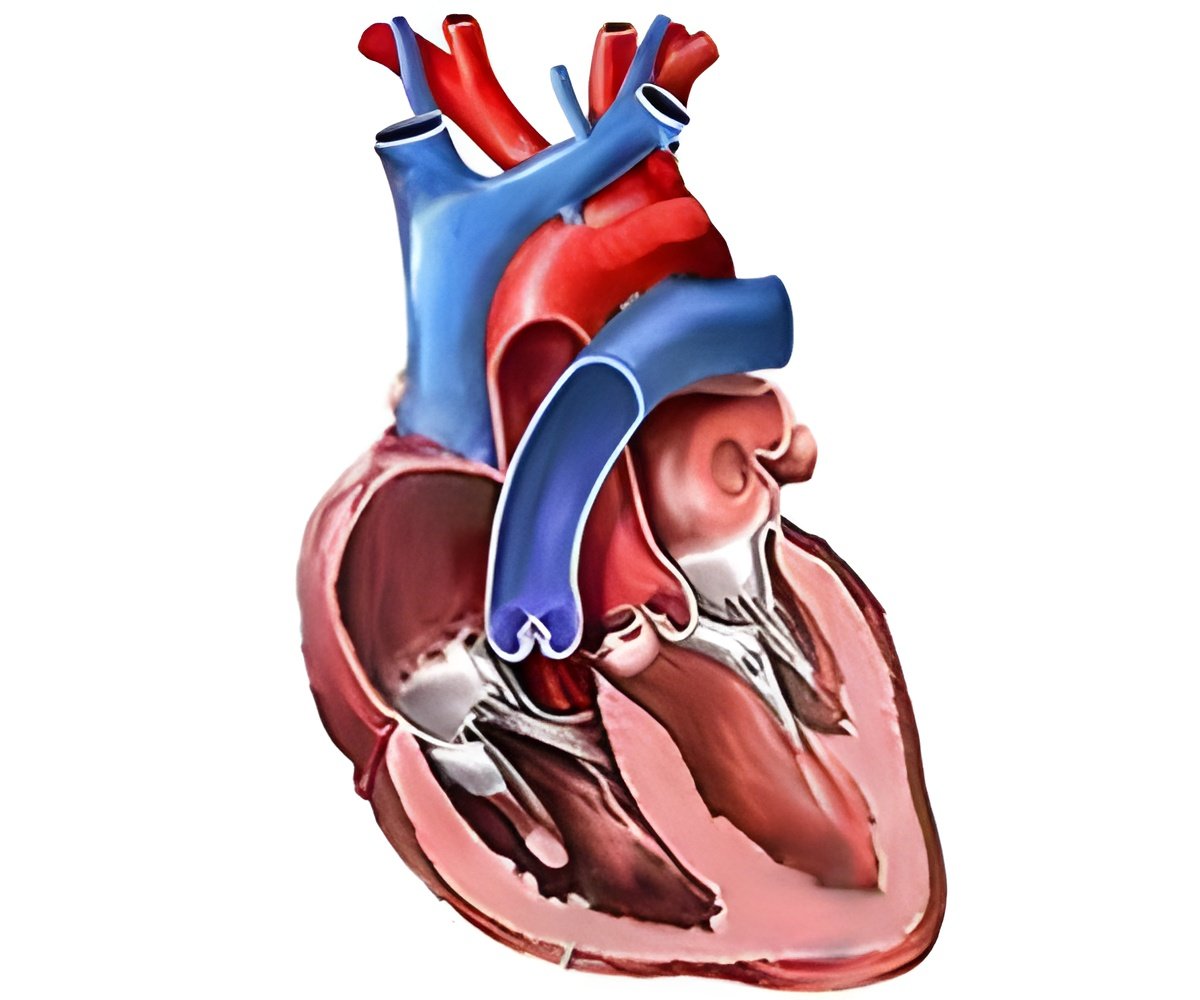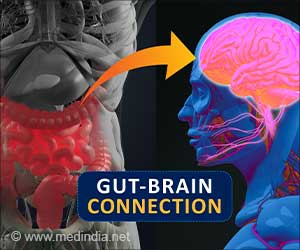Mild COVID-19 infection may not cause lasting lasting damage to the structure or function of the heart.

‘Mild COVID-19 infection may not cause lasting damage to the structure or function of the heart. However, it requires a lot more work to be done to investigate the short and long-term effects of COVID-19 on the heart and circulatory system.
’





Due to the little information available that specifically looks at this group of people and the effects on the heart, the study team had investigated 149 healthcare workers, recruited from Barts Health and Royal Free London NHS Trusts. Participants with mild COVID-19 were identified from the COVIDsortium, a study in three London hospitals. Effects of COVID-19 on Heart
The healthcare workers had undergone weekly samples of blood, saliva, and nasal swabs for 16 weeks. Six months after a mild infection, their heart structure, and function were examined by analyzing heart MRI scans of 74 healthcare workers with prior mild COVID-19. They were compared to the scans of 75 healthy age, sex, and ethnicity matched controls who had not previously been infected.
No difference was found in the size or amount of muscle of the left ventricle (the main chamber of the heart responsible for pumping blood around the body) or its ability to pump blood out of the heart. The amount of inflammation and scarring in the heart and the elasticity of the aorta (important for blood to easily flow out of the heart) remained the same between the two groups.
Upon analysis of blood samples, no differences were found in the two markers of heart muscle damage ¡V troponin and NT-proBN, six months after mild COVID-19 infection.
Advertisement
The small abnormalities identified by MRI were not found more often in people who had mild COVID-19 when compared to those that have never had it. This suggests that these changes could have been caused by something other than coronavirus and they may not make any noticeable difference to the health of that person.
Source-Medindia














